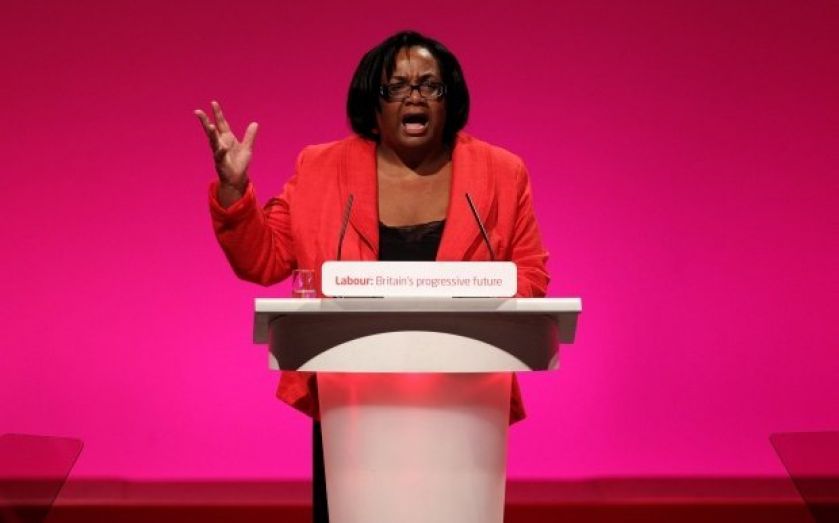No Diane Abbott, now is the worst time for rent controls

It'd be hard to miss London's housing problems.
London house prices rose by a staggering 11.6 per cent in the year to November 2013, according to ONS data.
Labour MP Diane Abbott has proposed a solution:
Just made a speech in Parliament on need for RENT CONTROLS #ifnotnowwhen? #londonhousingcrisis
— Diane Abbott MP (@HackneyAbbott) February 5, 2014
But the economic evidence is set at odds with the member for Hackney North. If you ask an economist about the appropriate point to introduce rent controls, then you'll probably be told "never".
What's wrong with a little price fixing?
A 2012 poll of influential economists found that 81 per cent disagreed or strongly disagreed with the sentiment that rents controls "have had a positive impact over the past three decades on the amount and quality of broadly affordable rental housing in cities that have used them".
The IGM Economic Experts Panel saw just two per cent of respondents agree – That one individual being MIT's Bengt Holmstrom. Perhaps tellingly, he provided no reason for his answer.
Other panellists were more forthcoming.
While it's "great if you are lucky enough to get one of those [rent controlled] apartments", says MIT's Michael Greenstone, such policies are "bad for all others".
Stanford's Caroline Hoxby notes that "rent controlled units do not end up in the hands of low income people" and such policy "discourages landlords from creating modest priced units."
Where we've seen rent controls before, we've seen resources moved away from house building for those on lower incomes, and put towards housing that remains out of reach of the poorest.
Any way out of housing hell?
If politicians are looking for an answer, then the obvious choice is to tackle the UK's strict planning regime.
In "The Price Responsiveness of Housing Supply in OECD Countries", Aida Caldera Sanchez and Asa Johansson found that the responsiveness of new supply to a change in price in the UK is below standard.
The UK ranks as just the 14th most responsive out of 21 developed economies.

A one per cent rise in prices in the UK was only associated with an increase in supply of around 0.4 per cent.
The low hanging fruit available to policymakers, including Abbott, is to liberalise planning rules in the capital. As prices swell developers can then more adequately respond, producing more stock, and in turn prices should fall to more affordable levels.
Chicago's Nancy Stokey sums up the debate succinctly:
The planets are lined up here: theory and evidence point in the same direction.